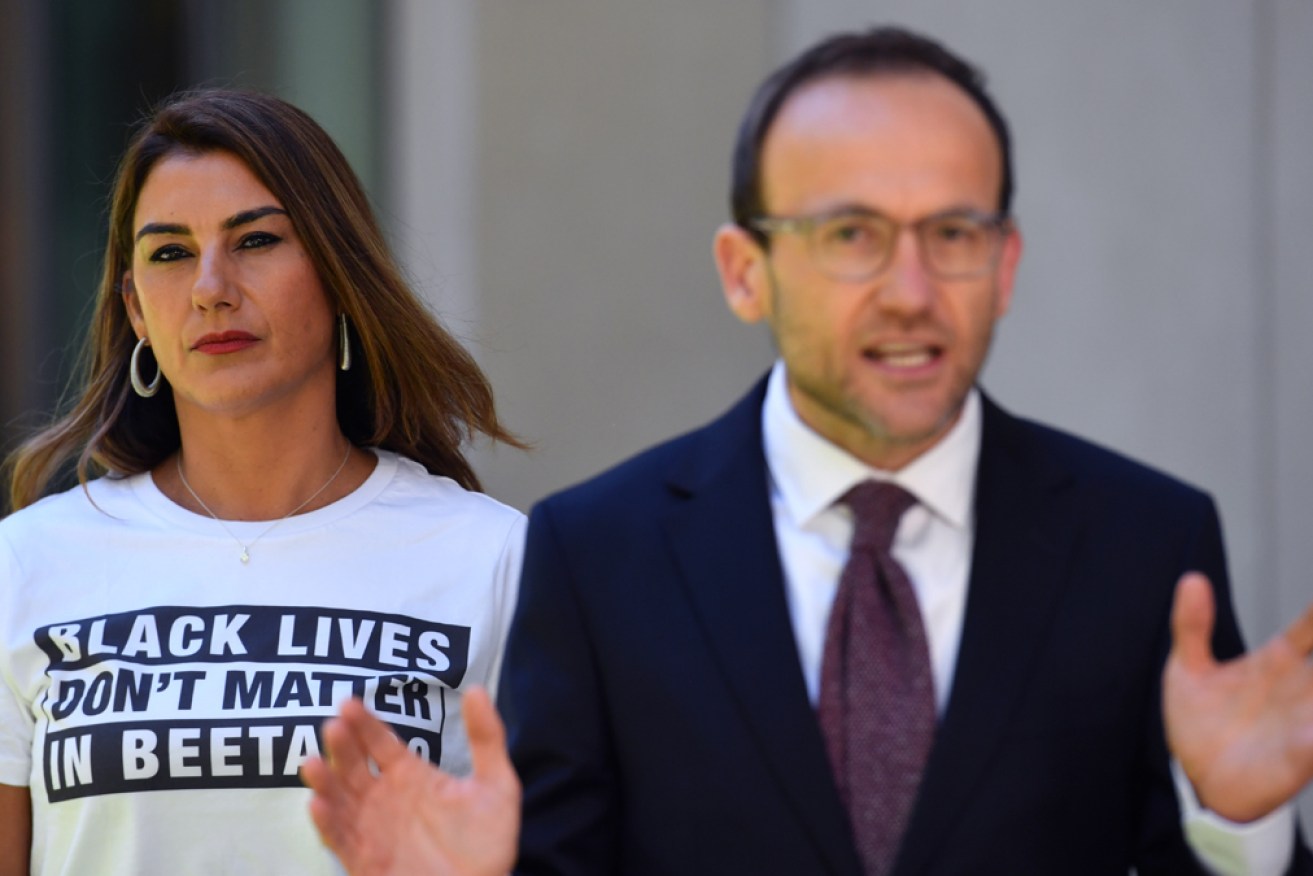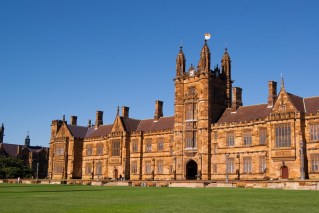Paul Bongiorno: Balance of power shift in Senate creates uncertainty for more than the Voice


Lidia Thorpe's split from the Greens sets up an interesting power struggle in the Senate, Paul Bongiorno writes. Photo: AAP
Lidia Thorpe has served notice she intends to spend the next five years in the Senate throwing bombs at what she believes is the illegitimate legacy of a bloody colonialism.
She rejected pleas from Greens leader Adam Bandt to stay in the tent because she no longer wants to be shackled in her determination to “grow and amplify the Blak (her spelling) Sovereign Movement across the nation”.
Bandt’s offer for her to remain the Greens’ First Nations spokesperson pushing back against the Voice, even if the rest of the party disagreed with her, was an untenable contortion she rejected.
Perhaps he made it not only to retain a more significant share of the balance of power in the Senate, but also to be something of a restraint on the Senator’s more extreme proclivities.

The pleas of Greens leader Adam Bandt were rejected by Senator Thorpe. Photo: AAP
Really?
One might have to ask the thousands of Greens voters and the hordes of campaign workers who in good faith helped install her in the Senate.
Those would be the voters who according to the latest Newspoll overwhelmingly favour a “yes” vote in the referendum: 81 per cent, well ahead of Labor voters on 74 per cent.
Blak voice
Thorpe says she is still to make up her mind on how she would vote in the referendum, but at the Melbourne “invasion day” protest made it crystal clear she isn’t going to do anything to encourage its success.
Senator Thorpe claims there is a “strong Blak Sovereign Movement” in Australia. They may be “staunch and committed”, as she says, but they are at best a radical fringe.
Despite claims in some quarters that they were responsible for a significant walkout from the 2017 convention that resulted in the Uluru Statement from the Heart, according to an SBS TV news report at the time there were only seven dissenters.

Goals from the Uluru Statement from the Heart could take an unexpected turn in the Senate. Photo: AAP
But a loud minority can certainly impact public opinion, especially if it is led by someone who is adept at news-making stunts in the Senate like at first refusing to take the prescribed affirmation of allegiance.
In Senator Thorpe’s statement she speaks about her presence in the Senate in terms of “infiltrating”.
It remains to be seen how much this Greens-enabled “infiltrator” is intent to destroy from within.
Pauline Hanson took to Twitter to accuse Thorpe of “Black nationalism”, of “not respecting the institution of the Senate or Parliament and she “confidently predicts” the newly independent colleague will become “more ridiculous now that she is off Adam Bandt’s leash”.
Hanson’s hyperbole may be exaggerated, but she has a point.
The only promise Thorpe made before she shut the door was she would continue to vote with the Greens on climate. But other than that she will be able to talk and vote freely “on all issues from a sovereign perspective”.
Whatever that means.
Senate minefield
Prime Minister Anthony Albanese and his Senate leadership have a new minefield to negotiate.
They now need the Greens plus two crossbench votes to pass legislation opposed by the Coalition.
In that scenario Jacqui Lambie and her sidekick Tammy Tyrrell become critical powerbrokers and are not as disposed to the government’s progressive agenda as the Greens or even the ACT independent David Pocock.

Senator Tammy Tyrrell and Senator Jacqui Lambie could become powerbrokers in the Parliament. Photo: AAP
Albanese is going to need all his negotiating skills to realise the ambitious program he has put on the parliamentary notice paper.
Newspoll suggests he has plenty of political capital to assist him in the task.
Albanese’s approvals remain sky high – his net satisfaction is 24 points while Peter Dutton is in negative territory on -10 points.
Labor retained its December 10-point two-party-preferred lead, but the average lead in the four published polls this year is 13 per cent.
After attending the customary church service at the beginning of the parliamentary year, the Prime Minister was asked if the 56 per cent support for the Voice in the poll suggested his prayers “might actually be answered”.
Albanese said he hoped so.
He might need a few more prayers to deal with the new uncertainties in the Senate.
Paul Bongiorno AM is a veteran of the Canberra Press Gallery, with more than 40 years’ experience covering Australian politics








